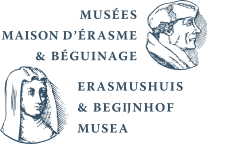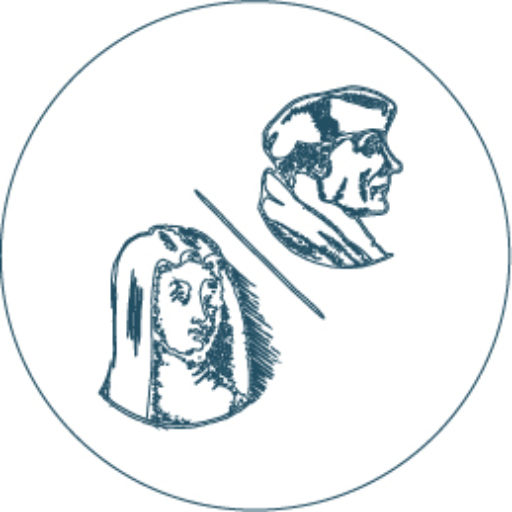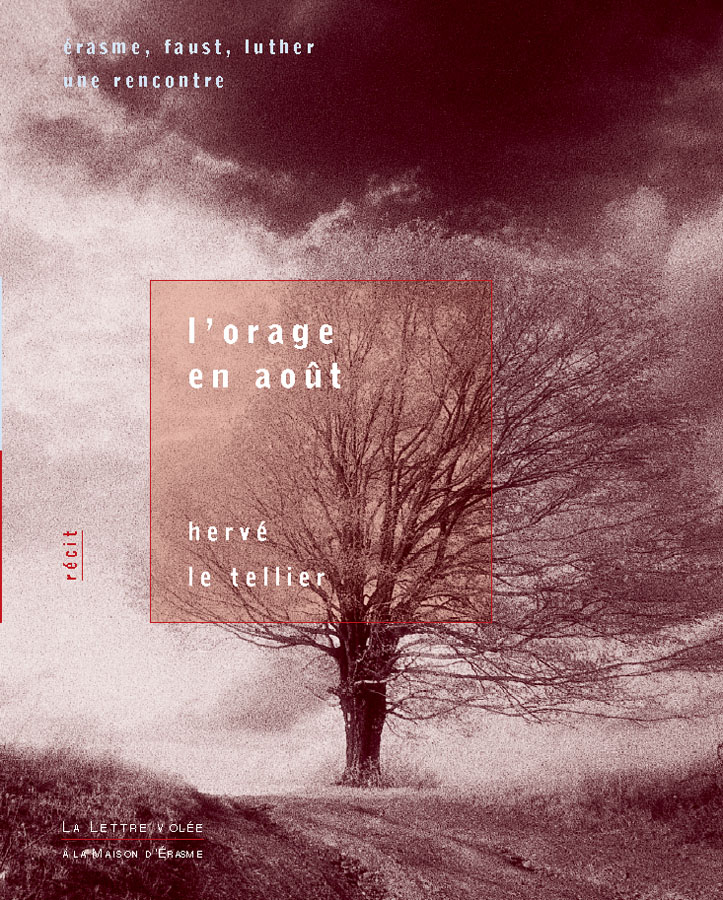Publications

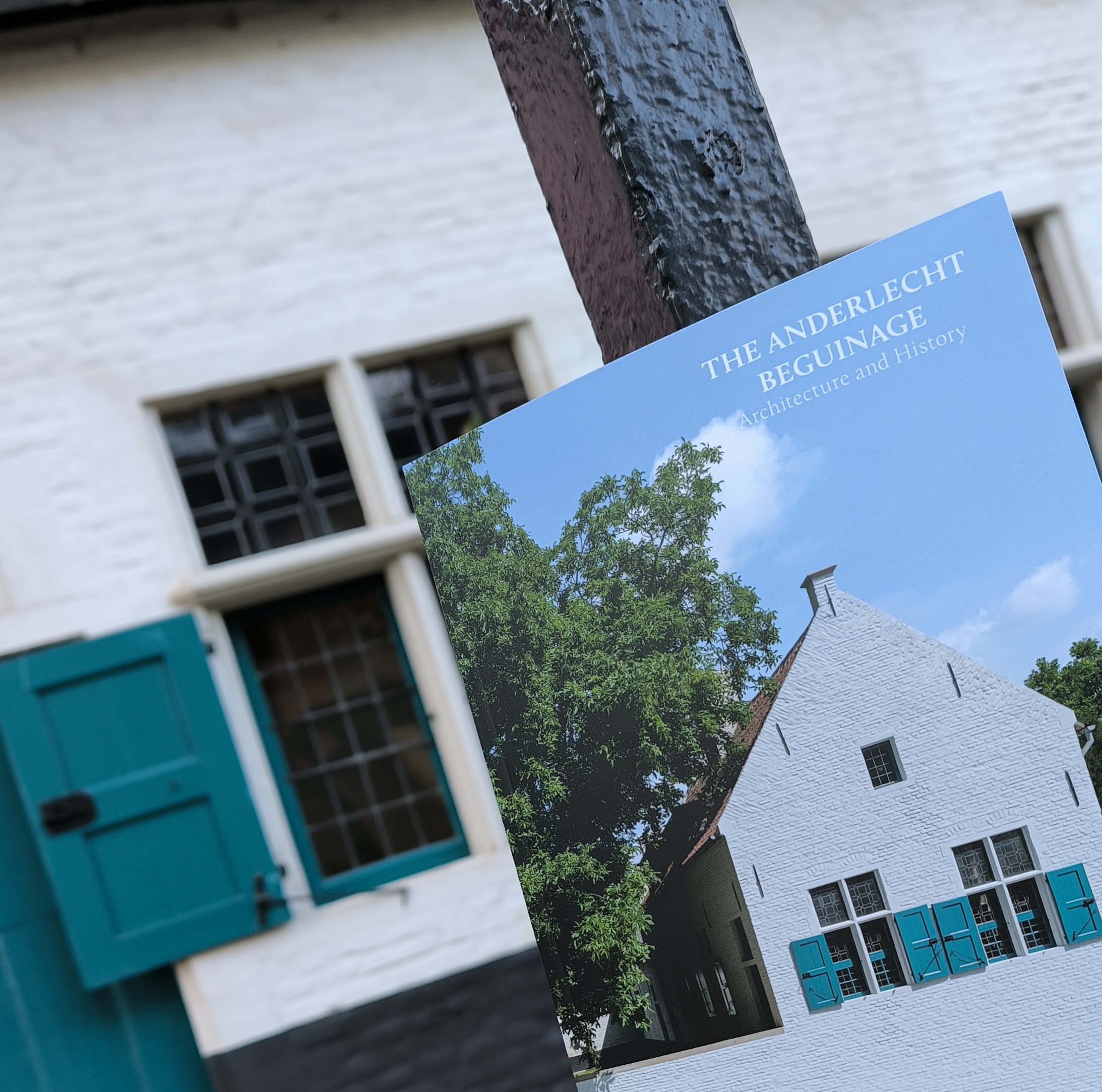
The Anderlecht Beguinage
Architecure and History

“This volume is being published upon the end of the restoration on the Beguinage Museum. Its various contributions shed light on more than ten years of research into the architecture of the site and the Beguines of Anderlecht.” (Excerpt from the introduction by Zahava Seewald).
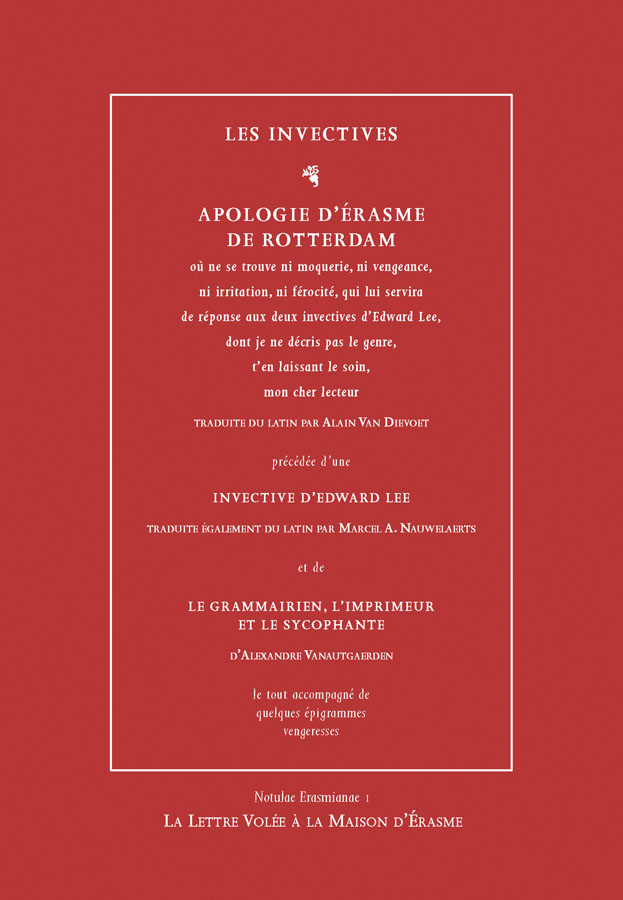
Notulæ Erasmianæ

Hitherto unpublished Latin texts, presented with parallel translations. The collection provides critical, extensively annotated, editions of texts by Erasmus and his humanist circle.
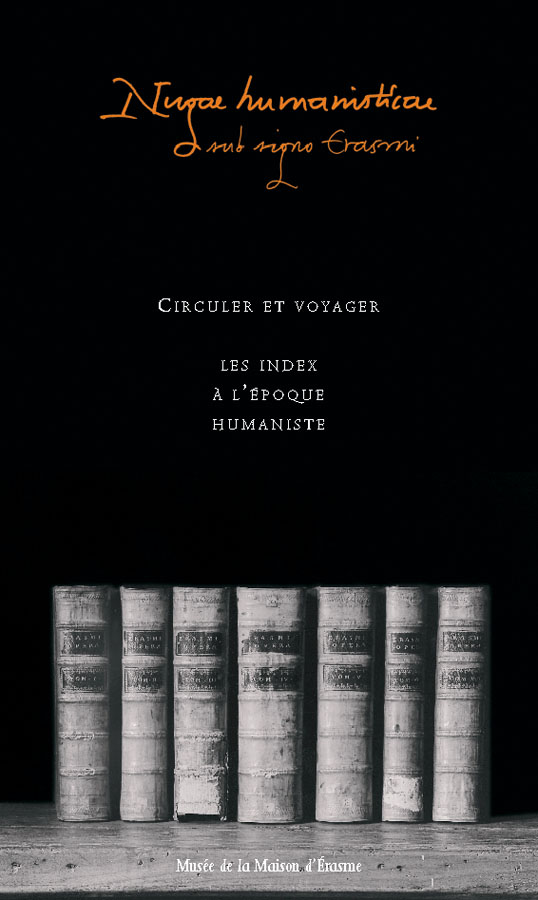
Nugæ humanisticæ

The collection publishes works centred on the history of ideas, laying particular emphasis on the history of books, the history of the Reformation and Humanism. Numerous texts and hitherto unedited sources are published as an annex to the main text. The collection spans the period from the XVth to the XVIIIth century.
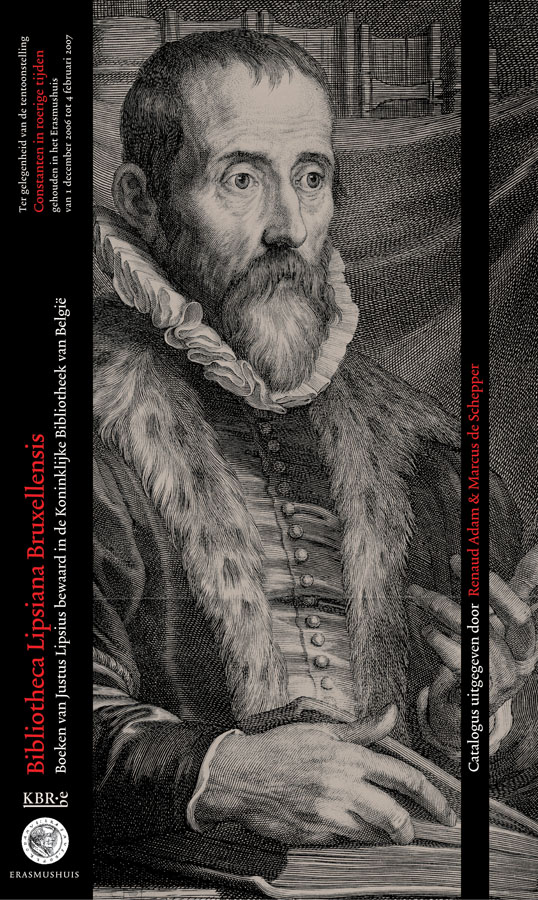
Farrago

This collection covers works dedicated to neo-Latin philology and typography.
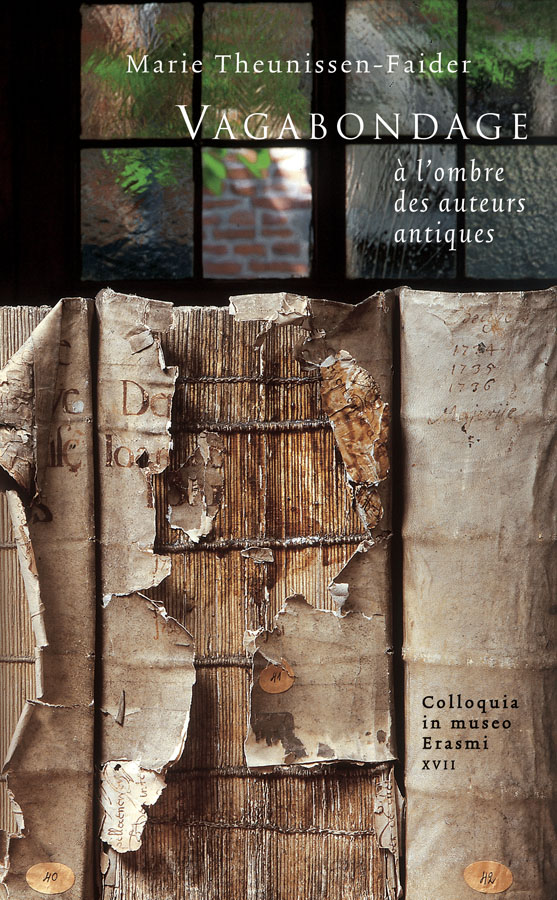
Colloquia in museo Erasmi

The collection includes volumes published to accompany conferences held in the museum or exhibition catalogues.
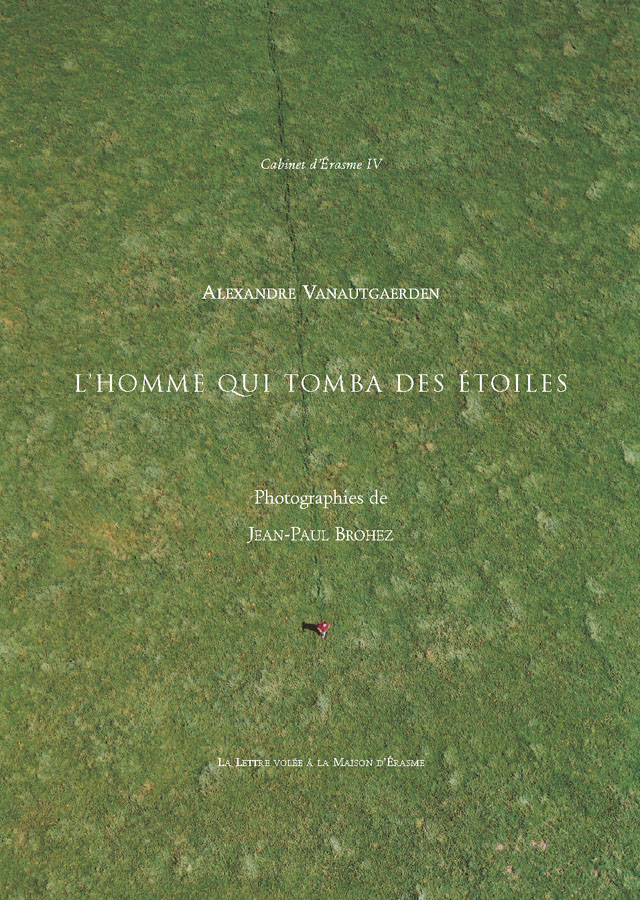
Erasmus’s Study

Collection of volumes dedicated to the history of art, cabinets of curiosities and gardens.


Melissa is an association founded in 1983 by Dr. Guy Licoppe and Françoise Deraedt to promote living Latin, the traditional means of transferring ideas in countries with a European Culture. It is also a publishing house providing contemporary works of Latin literature: Latin translations of literary works, original studies and editions of neo-Latin works. The list of publications is available on the Association’s internet site.

About Melissa

The Melissa foundation publishes a bi-monthly review on culture, history and philology written in Latin: Melissa. This is where you will find everything of interest to today’s Latinist, whether teacher, student or enthusiastic amateur: up to date news, philological commentaries, historical studies, educational experience, articles on general culture, Latin texts from all periods, reviews of recently published works and announcements of congresses and seminars. The review, which has been published since 1984, enjoys the patronage of the Erasmus House since its 100th edition and publishes under the auspices of the Academia Latinitati Fovendae.
Curators of the collection: Guy Licoppe and Françoise Deraedt.
Aut regem, aut fatuum nasci oportere
You must be born either as a King or a fool
Erasmus, Adagium n°201 (I, III, 1)

